Below you will find a selection of the most recent entries from bloggers in our Work/Business section.
To view the entries from individual bloggers, click on the links below:
- Claire Doole - Claire Doole Communications
Claire is a former BBC correspondent and international spokeswoman who is passionate about helping people communicate with confidence. Since 2006, she has successfully trained hundreds of professionals in the art of presenting and public speaking, talking to the media, managing communications in a crisis, and writing for the web. In addition, she has coached C-level executives and public figures to give powerful TEDx and TED style talks in Europe and the Middle East. A Swiss and UK national, Claire trains and coaches in French and English.
- Elizabeth Ballin - Life Coach
As a long time member of the international community in Geneva, Elizabeth Ballin has been coaching adults and students from all parts of the world. She has coached business professionals, musicians/artists, couples, families and adolescents. She is a fully accredited Life Coach by the International Coaching Federation. Elizabeth Ballin, Life Coach
- Patrick Hoza - US Tax & Financial Services
Since 1990, Patrick has many years of experience with US individual expatriate taxation under his belt, including High Net Worth Individuals, streamline/voluntary disclosure filings and tax consulting, as well as working with large multinationals like Novartis, BP, Hewlett Packard and General Electric. He has extensive knowledge in serving both US expatriates and resident and non-resident aliens with their US tax-related issues. Patrick Hoza is a Tax Director at US Tax & Financial Services, with extensive experience in all aspects of Individual US tax and Expatriation, including Hight Net Worth Individuals and large multinationals.
Patrick started his career in 1990 in California, with Westpro Ltd., as a Senior Tax Consultant, then spent the middle part of his career working at KPMG and Ernst & Young. During his time with Ernst & Young, he worked and lived in Russia, France and finally Switzerland. He has gained a valuable working knowledge of the respective income tax regulations in all of these countries.
Patrick holds a B.A. in International Relations from the University of Colorado, is a member of the National Association of Enrolled Agents and is a Certified Acceptance Agent.
-
Melitta Campbell - Business Coach
Business Coach and Mentor with nearly 3 decades of business experience and a passion for helping women confidently build a business they love. She is also the founder of the Swiss Entrepreneurs Club and president of the Swiss Riviera Toastmasters Club in Montreux. Originally from Wales, she now lives in Montreux in a chalet she has renovated with her husband overlooking the Swiss Alps. - Sunita Sehmi - Walk The Talk
Founder of Walk The Talk, Sunita has been training, developing and now coaching Business Communication skills in both companies and educational establishments for over twenty years. She has a passion for helping people to maximise their potential and created Walk The Talk with the sole aim to drive each and every client to perform their best.
- Robert Harris- Forth Capital
With over 25 years experience working for some of the major financial institutions in the City of London, Robert is a founding partner of Forth Capital, the leading expat financial advisory company in Switzerland. Regulary quoted in newspaper articles and magazines, he is well placed to advise expats on a variety of financial issues that may arise during their time living in Switzerland.
- Debbie Croft - Croft Coaching
As the founder of Croft Coaching, Debbie has a passion for helping people overcome challenges, embrace change and live life to the full; with an ethos of “work hard, play hard”.
- Sarah Santacroce, https://humane.marketing/coaching
Areas of Expertise: Conscious Business Coaching, Humane Marketing, LinkedIn
Sarah Santacroce is a Conscious Business Coach for Coaches and service-based solopreneurs, founder of Humane Marketing and author of Marketing Like We’re Human, Selling Like We’re Human, and Business Like We’re Human. Since 2006 in marketing, entrepreneurship, and conscious business coaching, she’s supporting changemakers worldwide through workshops, programs, and her signature Conscious Business Coaching. Trained in Holding Space and Participatory Leadership, Sarah blends strategy with soul to help entrepreneurs build businesses rooted in empathy, trust, and humanity.
Sarah has been a guest on nearly 100 podcasts and has been podcasting since 2016. Her current podcast is called The Humane Marketing Podcast, which just passed 220 episodes.
- Diana Ritchie - SSC Sàrl
A Director at Swiss Career Connections, Diana will provide you with some useful tips for job hunting.
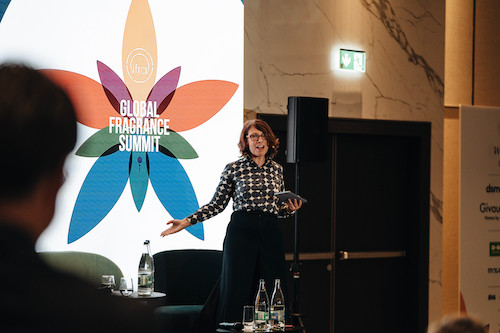
By Claire Doole, www.doolecommunications.com
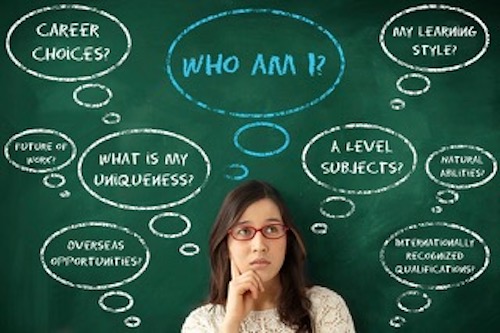
By Diana Ritchie, www.scc-centre.com
This is the first of a series of articles that will describe each worksample in turn.
Have you ever noticed that when you happily do certain tasks, jobs, activities it does not feel like work but rather like pleasure. No one needs to pay you – you would happily do it for free! We often call these activities “hobbies” – what we do in our evenings and weekends – when we are not working.
Society has taught us that work is not meant to be enjoyable and that we work so we can afford to do what brings us joy. The new generation does not believe in this old model they want to enjoy their life (including work) and I believe they can.
So, whether you are intrigued to learn more about yourself, looking to change jobs, direction or if you are a parent and you want to support your children to make the best choices for their education, future career and life then keep reading to learn more about the Highlands Ability Battery (HAB).
I will debrief the report with you in a 2-hour meeting to interpret the results. For students I help you identify what subject choices are best suited to you as well as where and how those abilities can best be leveraged in your career journey. The test is equally beneficial to students with learning challenges.
Natural Abilities are a measure of Driving Abilities. How easily you complete a worksample defines how “naturally” the underlying aptitude comes to you. Each worksample is timed to reflect your innate abilities and not your skills.
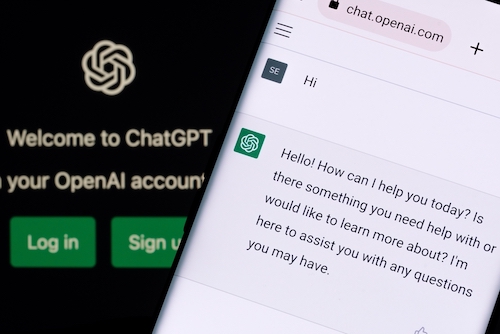
By Claire Doole, www.doolecommunications.com
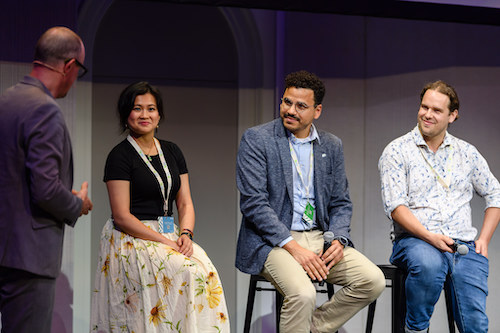 \
\- Antonie showed that you can take a serious subject and make it engaging. Through great use of simple visuals (slides for example with one word on them) plus video clips from Monty Python and Indiana Jones, he gave us a captivating keynote about the lessons learned from the cocoa industry in building more sustainable livelihoods.

@Dennis Bouman
- He and Ashlee then kept up the pace and energy by running a 20-minute quiz on Mentimeter for the online and in-person audience in which they debunked five myths about sustainable livelihoods. They went into the audience and engaged with them about their answers.
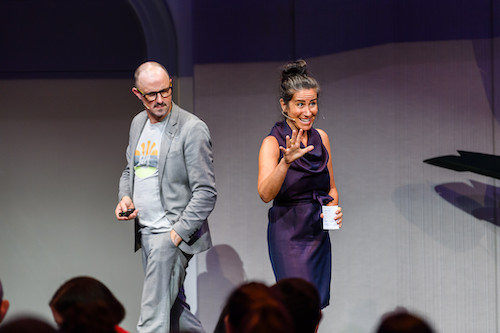
- And then the “piece de resistance”. They asked the three winners of the quiz to come on stage for an impromptu panel discussion.
- The panelists were great, proving that often the real knowledge lies with the audience!
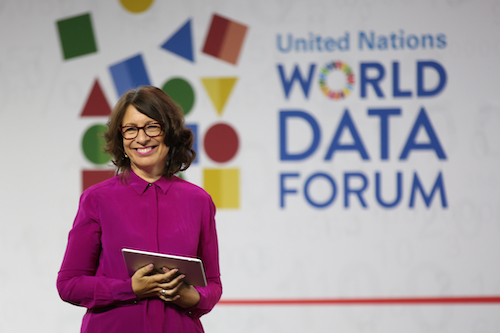
Latest news
- 1
- 2
- 3
- 4
- 5
- 6
- 7
- 8






